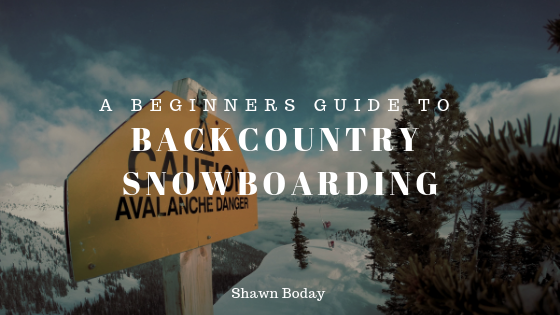In recent years, snowboarders have opted out of the man-made slopes of ski resorts and have headed to the backcountry. Backcountry snowboarding offers a new challenge to boarders as they navigate the ungroomed slopes. However, backcountry snowboarding presents a number of dangers from avalanches to exposure to gear failure to injury and even to natural hazards like rockfalls and tree wells.
With little access to emergency rescue, backcountry boarding may seem intimidating, especially to a beginner. To better prepare yourself for the untamed slopes of the backcountry, here are a few things you will want to know.
Become Prepared as Possible
If you find yourself caught in an avalanche while in the backcountry, there are three critical pieces of gear that could save your life; a beacon, a shovel, and a probe. A beacon comes in two different categories, two and three antennae. If you are purchasing a new beacon, opt for the three-antennae version, it offers a longer range and rescuers will be able to find you with more ease in the event of an avalanche.
When selecting your shovel, make sure to buy a metal one. A plastic shovel will not be strong enough to withstand the weight of the snow. Avalanche debris is almost cement-like, and a plastic shovel won’t do you any favors. Probes can come in multiple sizes, but you should opt for a longer one when given the chance.
Educate Yourself
As a beginner, it is essential to learn more about avalanches. When you start backcountry boarding, there is often unfamiliar terminology and gear that you need to familiarize yourself with.
Start off your educational journey with a visit to avalanche.org. This is a great resource to use to find out information about forecasts, incident reports, and local conditions. Along with doing your own personal research, consider taking an avalanche awareness class and an AIARE Level 1 course.
Bring Along a Buddy
Instead of hitting the backcountry trails alone, take along an experienced partner. When looking for someone to be your backcountry partner, look for someone who you can easily communicate with. Look for someone who you can trust, and who has a similar outlook to you. A good place to look for a partner is in your AIARE Level 1 course, chances are they are looking for a partner too. If you have exhausted your list of family and friends, consider hiring a professional mountain guide. Not only will you remain safe, but you can learn from their experience.

